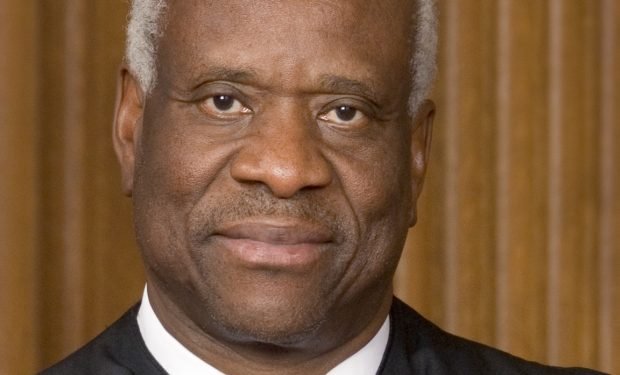Senator Sheldon Whitehouse (D-RI) has been fulminating at the Supreme Court’s self-sabotage since SCOTUS Justice Clarence Thomas was first revealed — in a ProPublica expose — to be the very well-compensated change agent of rightwing billionaire Harlan Crow‘s influential dreams.
Not long after the reveal about how Thomas’s life style was propped up by gifts from his rich friends, word spread that pugilistic Justice Samuel Alito also liked the high life, especially when the perks were gratis.
Alito raged against his outing in the pages of the Wall Street Journal, but the narrative wouldn’t budge: Americans of all stripes said the Supreme Court should not be for sale, and most agreed that — even if the Justices weren’t engaged in quid pro quo — the luxe swag swapping was a bad look for the highest court in the land. Whatever the requirements, the optics were execrable.
Whitehouse never believed it was merely the optics that were in breach of ethical accountability standards — and he has put on a series of monologues that slammed the Court, even saying he had the “receipts” on Thomas.
Did you think I’d show up to the hearing on Supreme Court ethics without receipts? pic.twitter.com/QjdF7T0rIl
— Sheldon Whitehouse (@SenWhitehouse) May 2, 2023
The Justices now have issued a reluctant response to the public outcry by publishing a set of ethics rules and proposing to police themselves — something, notably, they said they were already doing. (As former U.S. Attorney Joyce Vance writes, those unwritten ethics rules didn’t prevent “abuses” and the new written rules don’t address what’s happened with Thomas already.)
SCOTUS can adopt all the new rules it wants to but unless they deal with recently exposed abuses by Justice Thomas, it will not restore public confidence in the Court. If they're serious about ethics, they'll take this situation seriously.
— Joyce Alene (@JoyceWhiteVance) November 13, 2023
The new rules that SCOTUS says it’ll apply to itself certainly resemble the old unwritten rules they claim to have been applying — and often match the written ethics obligations required of every other U.S. judge.
Still, the Justices continue to resist even as they acquiesce, noting in their belligerent first paragraph that “for the most part these rules and principles are not new.”
The Justices imply that by issuing the new code of conduct they are confronting an optics problem, rather than a real problem — to “dispel this misunderstanding.” Which misunderstanding?
The SCOTUS nine assert that “the absence of a Code, however, has led in recent years to the misunderstanding that the Justices of this Court, unlike all other jurists in this country, regard themselves as unrestricted by any ethics rules.”
But people don’t think the Justices “regard themselves as unrestricted by any ethics rules” — the people think the Justices, knowing the rules, have been breaking them.
This is a long-overdue step by the justices, but a code of ethics is only binding if there is a mechanism to investigate possible violations and enforce the rules. pic.twitter.com/rmmAHdjCq0
— Sheldon Whitehouse (@SenWhitehouse) November 13, 2023
Whitehouse goes right at the issue of enforcement, saying “the real test now is how do you enforce it?” In the video above, Whitehouse poses numerous procedural questions as to how a SCOTUS ethics inquiry will be handled, and by whom. And after the procedure, whatever its details, is complete, “do we get a public report?” Whitehouse asks.
“Really, really basic, basic questions,” Whitehouse says. “They need to answer those and until they do that job is not done.”
